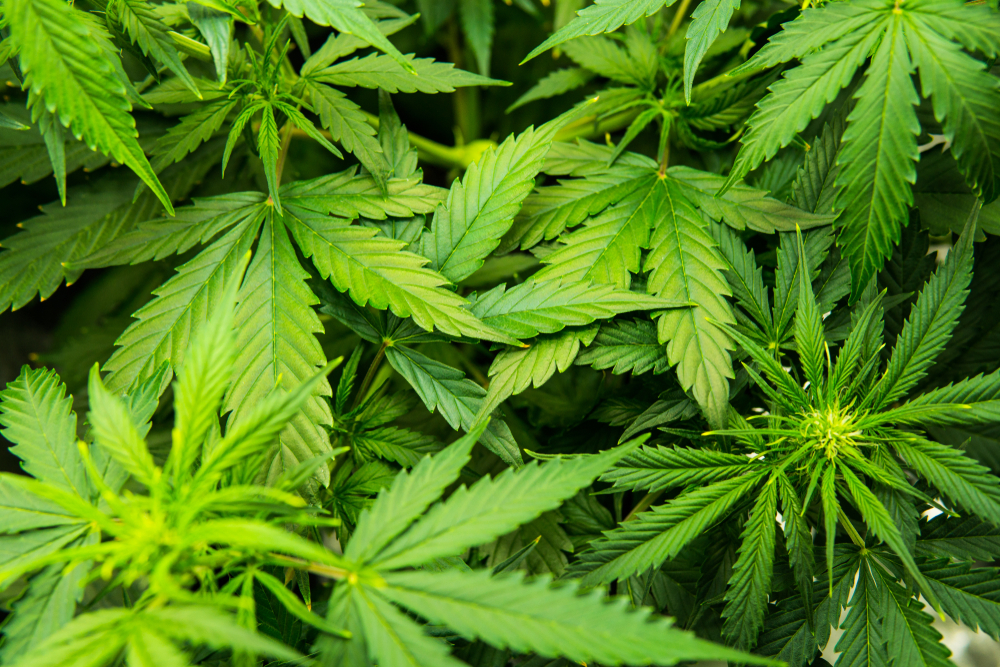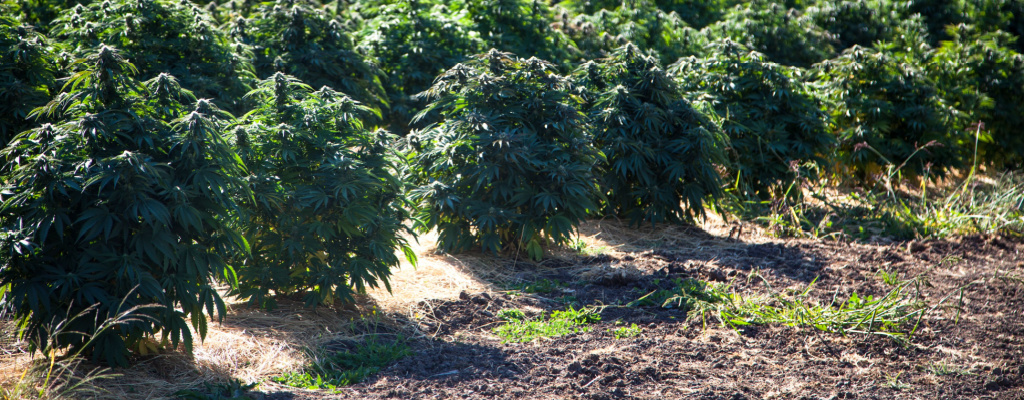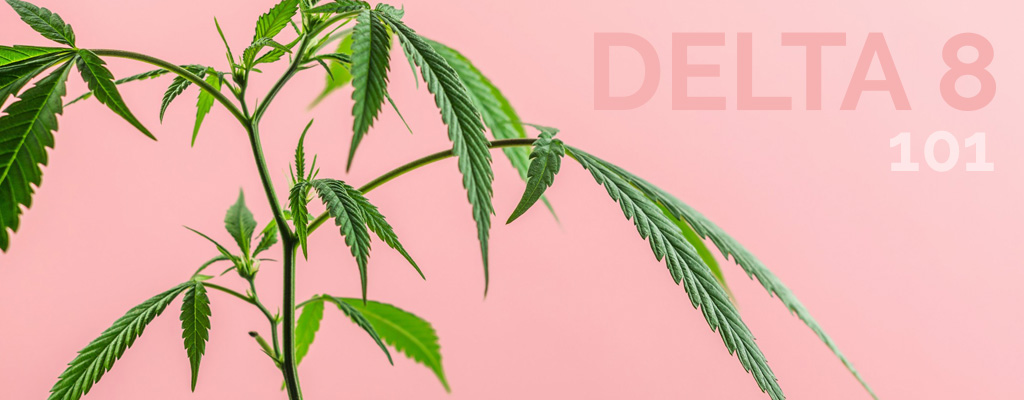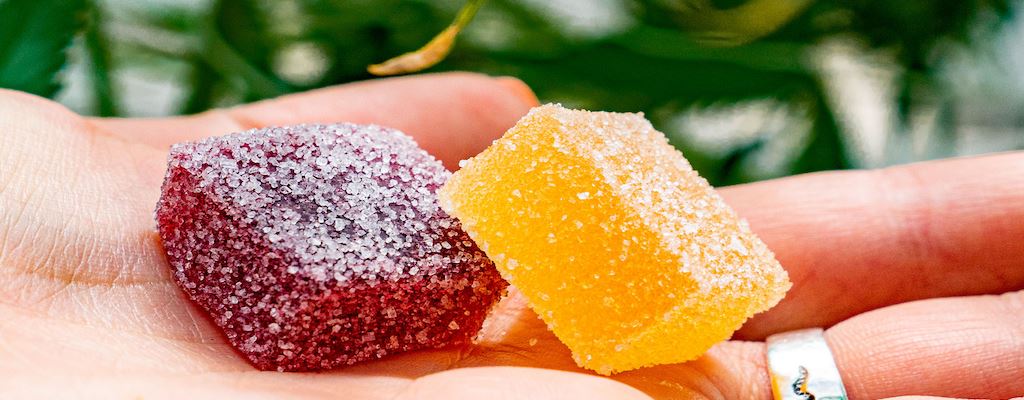Only 10 years ago, few people would have thought the future of cannabis included anything besides Delta 9 THC. New strains, products, and brands were part of future predictions, but the focus was on cannabis plants almost exclusively.
Now, Delta 8 and many other hemp-derived cannabinoids are legal, well-known, and available across the country. This is a major shift for both consumers and the highly regulated traditional cannabis industry.
Let’s take a closer look at how Delta 8 and other hemp-derived cannabinoids play into the future of cannabis.
What is Delta 8 and How Did it Get So Popular?
Delta 8 (also called D8 or Delta-8) is the common name for Delta 8 THC. This is a naturally occurring cannabinoid found in cannabis and hemp plants.
In the big picture, Delta 8 is similar to Delta 9 THC. They have similar chemical structures and lead to similar effects for users. They’re also both available in similar products, including:
However, there are some key differences between Delta 8 and Delta 9 THC:
- Delta 8 occurs naturally only in very small amounts in hemp and cannabis plants.
- High-quality, commercially produced Delta 8 is created using CBD found in hemp plants.
- Delta 8 is federally legal due to regulation changes included in the 2018 Farm Bill. It’s prohibited by certain states and cities, but is widely available.
- Outside of areas where it’s prohibited, Delta 8 tends to be much less regulated than Delta 9. It can be sold across state lines. It isn’t regulated by individual state-level authorities in the same way as Delta 9.
- Delta 8 offers more mild psychedelic effects as compared to Delta 9. That means a fun but more manageable experience.
How Did Delta 8 Become Federally Legal — and So Popular?
The path Delta 8 took to becoming federally legal is also what led to it becoming a popular product.
The Farm Bill is a multi-year law related to agriculture and food programs, the Congressional Research Service explains. The Farm Bill is renewed about every five years.
The 2018 version of the Farm Bill included language that legalized commercial hemp production. The major restriction was that any hemp plants grown contain less than 0.3% Delta 9 THC.
Because the legislation specifically named Delta 9, other cannabinoids, like Delta 8, were not affected. This was confirmed in a 2022 9th Circuit Court ruling, law firm Frantz Ward explains. On the federal level, Delta 8 is seen as clearly legal. This ruling also seems to apply to many other hemp-derived cannabinoids, like Delta 10 and THC-P.
With no federal restrictions on producing, marketing, or distributing Delta 8, it soon became a booming industry. Other hemp-derived products were identified, researched, and produced as well. Now, a variety of these cannabinoids are available for retail sale, changing the future of the cannabis industry.
This major development is influencing how people consume cannabinoids while making access so much easier. As hemp-derived products become more and more common, they may even impact the future of cannabis stocks. Companies producing Delta 8 and other cannabinoids could become hot tickets for certain investors.

Does the Future of Cannabis Include Delta 8 and Other Hemp-derived Cannabinoids?
In a word, yes. Accounting for cannabis in the future means including cannabinoids besides Delta 9.
Laws related to actual cannabis production vary greatly at the state level. It’s important to note that the recreational cannabis market, in the strictest definition, only includes actual cannabis. However, in a broader, practical discussion, it’s only fair to include Delta 9’s close relatives derived from hemp.
What makes Delta 8 and similar hemp-derived cannabinoids so important to the industry? Key considerations include:
- Ease of access. Where legal (meaning most of the US), cannabinoids like Delta 8 can be sold by a variety of retailers. Cannabis-derived Delta 9 is tightly regulated in the states where it’s legal, limiting retail access. There’s even hemp-derived Delta 9 available.
- More accessible price points. With much less regulation, hemp-derived cannabinoids are often lower in price than a roughly equivalent Delta 9 product. That’s very important for anyone who’s cost conscious.
- Similar yet distinct effects. In the big picture, these cannabinoids have similar effects to traditional Delta 9. However, user reports and initial research show certain differences in potency and specific effects. Hemp-derived cannabinoids give users more options, allowing them to tailor their experiences.
- Potential for new cannabinoids and products. Research into new cannabinoids continues. Many have already entered the market since 2018. It’s likely that there will be more to come.
Delta 8 and similar cannabinoids have gone from obscure or undiscovered to being on sale across the country. All of these factors help us understand why they’ve exploded in popularity.
The Future of Hemp-derived Cannabinoids: What it Could Look Like
The future is always hard to predict. Even as Delta 8 has exploded in popularity, it’s faced some challenges. State and municipal laws ban the sale of Delta 8 and similar cannabinoids in certain areas. Questions about quality and safety also frequently arise in a very unregulated market.
Legality does seem to be mostly settled on the federal level. And there isn’t a major push currently among states or municipalities to ban Delta 8 and similar products. In the legal sense, the future of Delta 8 is relatively bright.
Leaders in the industry — retailers, brands, and producers alike — are addressing the concern of quality and purity through voluntary measures. Providing the results of independent third-party lab reports for individual products is a key step.
With access to this information, users make an informed choice about the products they buy. It’s easy to see if the lab analysis matches the statements made on a cannabinoid product’s label.
Delta 8 Resellers works only with industry leaders. We source high-quality cannabinoids from providers with a proven record of safety and quality. We share the results of independent lab testing with you, so you can make an informed decision.



